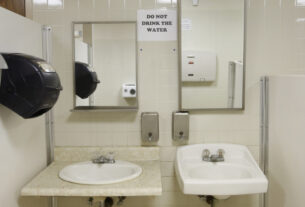The Health Ministry Ombudsman’s office, which investigated 20,859 complaints against the ministry in the past year, ruled that the share of justified complaints declined to 34% compared to 38% in 2022 and 40% in 2021.
There were 8,626 related services required under the National Health Insurance Law and 145 requests for reimbursement; 4,032 inquiries were handled immediately.
The chairman of the Knesset Health Committee, Yoni Mashriki, to which the report was submitted, said that every citizen must receive full and optimal service from all government ministries and public authorities.
“As Knesset members, we are obliged to monitor that Israelis receive good services from government ministries and public authorities. The ombudsman’s report gives MKs direction and emphasis on where to focus and monitor government activity,” he said, calling on the ministry to publicize widely the right of every citizen to complain to the ombudsman.
Nili Hayun-Dickman, who this week completes her five-year term as ombudsman, said that most of the lawsuits deal with the basket of services such as medications, hospitalizations, medical accessories, payments, as well as participation fees, choosing a service provider, emergency medicine, and administrative treatment. She said the commission is contacting and activating all the departments of the ministry to deal with the complaints and their resolution.
Among the admissibility issues dealt with in the past year are the age limit for eligibility for IVF treatments, eligibility for continued rehabilitation treatment as part of hospitalization, child development, an appointment for an MRI examination, eligibility for neurosurgical back surgery, eligibility for brain aneurysm catheterization, reimbursement for dental treatments for children in a hospital, eligibility for a basket of restorative dental treatments for those aged 72 and over, and not giving a discount on dental treatments to that age group.
Of the 4,544 complaints against the health funds that were investigated in 2023, some 658 (14.5%) were on the subject of emergency medicine – which is the third in frequency.




